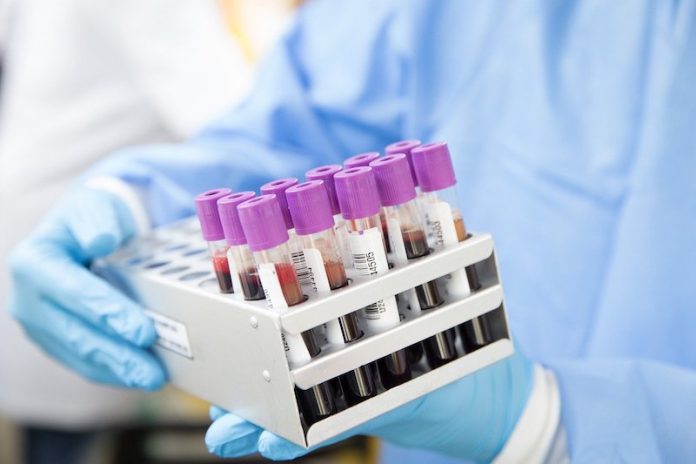
In a new study, researchers found that having a lower level of zinc in the blood is linked to a poorer outcome in patients with COVID-19.
The research was conducted by a team at Hospital Del Mar, Barcelona, Spain.
Increased intracellular zinc concentrations efficiently impair the reproduction of a number of viruses.
However, the effect of plasma zinc levels on SARS-COV-2 is not yet understood.
In this study, the team explored whether plasma zinc levels at admission are associated with disease outcome in COVID-19 patients.
They did an analysis of symptomatic admitted patients to a tertiary university hospital in Barcelona, Spain over the period from 15th March 2020 to 30th April 2020.
The clinical severity of COVID-19 was assessed at admission. Fasting plasma zinc levels were measured routinely at admission (baseline) in all patients admitted to the COVID-19 Unit.
During this period of study 611 patients were admitted. The mean age was 63 years, and 332 patients were male. During this period total mortality was 87 patients (14%).
This study includes 249 of these patients (of whom 21 [8%] died).
Mean baseline zinc levels among the 249 patients were 61 mcg/dl. Among those who died, the zinc levels at baseline were much lower at 43mcg/dl vs 63.1mcg/dl in survivors.
Higher zinc levels were linked to lower maximum levels of interleukin-6 (proteins that indicate systemic inflammation) during the period of active infection.
The team found each unit increase of plasma zinc at admission to hospital was linked to a 7% reduced risk of in-hospital mortality.
Having a plasma zinc level lower than 50mcg/dl at admission was linked to a 2.3 times increased risk of in-hospital death compared with those patients with a plasma zinc level of 50mcg/dl or higher.
The researchers conclude that lower zinc levels at admission correlate with higher inflammation in the course of infection and poorer outcomes.
One author of the study is Dr. Roberto Güerri-Fernández.
The study was presented at the ESCMID Conference on Coronavirus Disease.
Copyright © 2020 Knowridge Science Report. All rights reserved.



